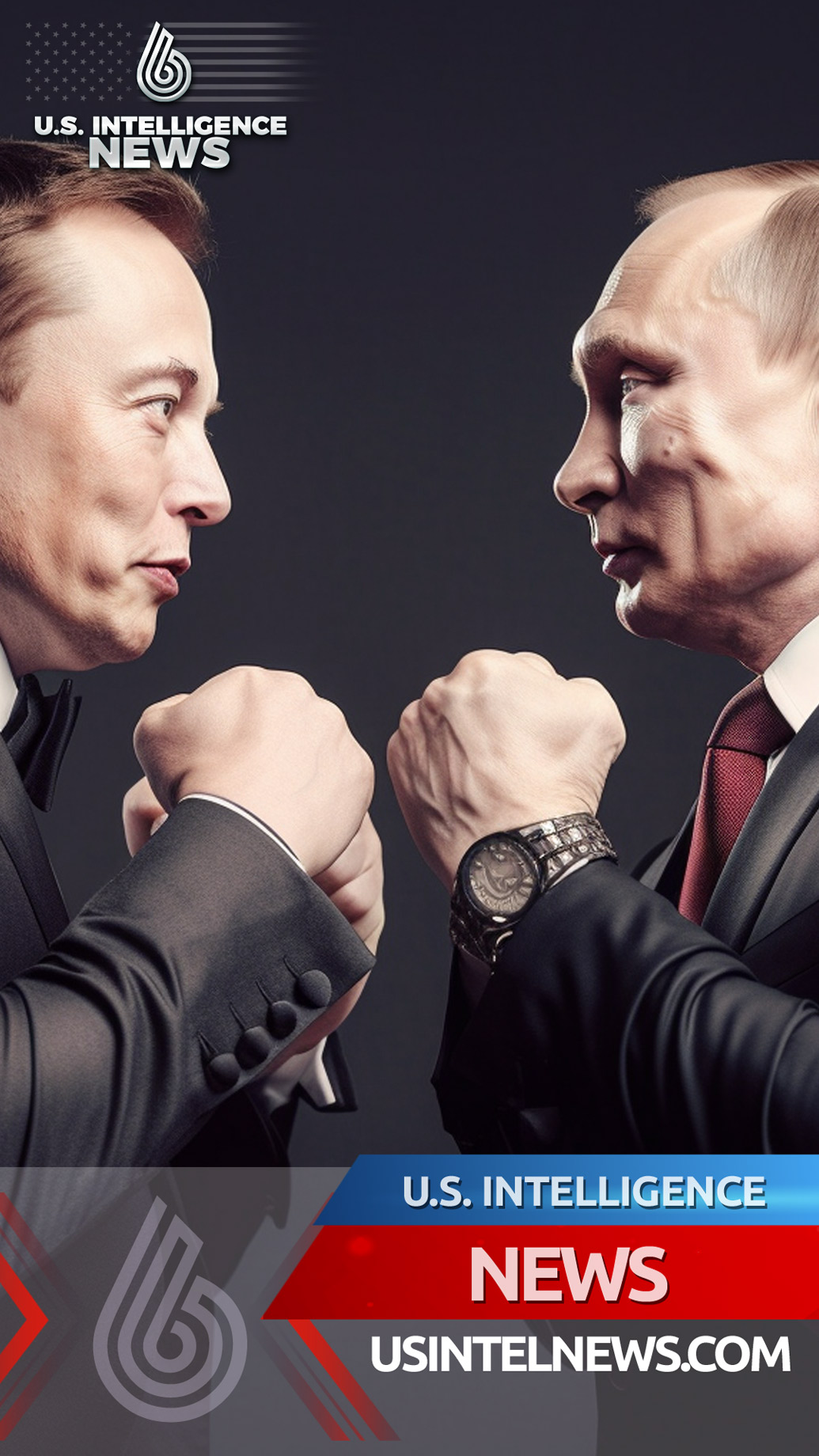
The U.S. Intelligence Community
South Court Auditorium
Eisenhower Executive Office Building
11:21 A.M. EDT
THE PRESIDENT: Well, good morning. Today, my administration is announcing new actions to lower the cost of everyday living for American families, to put more money in the pockets of middle-income and working-class Americans, to hold big corporations accountable.
And these steps will immediately start saving Americans, collectively, billions of dollars in unfair fees.
And I’m here with the Director of the Consumer Financial Protection Bureau, Mr. Chopra, as well as the Chair of the Federal Trade Commission, Lina Khan.
And we’re remembering — we’re — they’re members of the Competition Council that I created last year to promote competition across the economy and lower costs for families.
One of the key things I’ve asked the council to take on was the unfair hidden fees known as “junk fees” that are taking real money — real money out of your pockets — real money out of the pockets of American families. Things like, as been mentioned, surprise banking overdraft fees, excessive credit card late fees, hidden hotel booking fees, or those huge termination charges to stop you from switching cable and Internet plans to a better deal. Surprise charges that companies sneak into bills because they can.
In fact, there’s an entire industry that’s popping up in America to help companies use complicated algorithms to hide fees that hurt consumers and help them. These things add up.
Remember we talked in the beginning of the administration about the study done — I think it was at Penn — that if an average family got $400 in charges or bills in a month, that they couldn’t pay; they’d have to sell something and/or have to — or have to borrow the money? Well, this adds up to more than $400 for a lot of families.
The way I think about it is the way — and you’ve heard me say it before — my dad used to talk about it, and so many other people talk about it around their kitchen tables: How much are your monthly bills? How much do you have to pay for necessities? And is there enough left over just to have a little breathing room?
We’re making progress on bringing down costs to families.
And, by the way, the price of gasoline continues to fall. It’s down for the third week in a row. They’re down $1.25 a gallon from the beginning of the summer, and gas prices in the decade before the pandemic were averaging $3.30 — before the pandemic, before I got here.
During the pandemic, there was — no one was driving, so the gas prices went down. But even with the historic recovery we’re seeing in the economy of 10 million new jobs and unemployment at 3.5 percent, gas prices are continuing to go down.
And because they’re going down, we’re making serious progress in getting prices close to what they were before the pandemic.
The most common price right now in America is $3.39 a gallon, and it’s going to come down more. And they’re going to come down even further when gas companies — when the oil companies agree to our demand — my demand to pass on the savings from the price of a barrel of oil, which is considerably down, to the pump, where, in fact, you get — you’ll get charged by the gallon.
Each year — but each year, these “junk fees,” in addition, that companies charge cost Americans tens of billions of dollars, weighing down family budgets and making it harder for people to pay their bills. So my administration is taking action to eliminate these fees.
First, imagine this: Your child outgrows his bicycle, and you decide to sell it online, and someone pays you a check. Pays you 30 bucks for the bicycle or something. Days later, that check that you got paid with, that you deposited into your bank, it bounces. You didn’t know it was bad, but you get charged 15 bucks. You get charged 15 bucks. It’s wrong. It’s ridiculous. It’s unfair. And my administration is making clear today it’s illegal as well.
Second, my administration is also making clear: Surprise overdraft fees are illegal. Listen to how those fees work. And some of — you all know this — I mean, because you know from your everyday lives. But you pay a bill, and you double check your bank account to make sure, before you write the check, that you have enough in your account to cover it. You’ve gotten the money, so you go ahead and you pay.
Then it turns out your balance wasn’t up to date because your bank was slow in processing other charges. And by the time the bank gets around to setting — settling the transaction, you’ve overdrawn your account. You’re charged an overdraft fee that runs around $35 each time.
It’s not your fault. The bank screwed up. You didn’t; the bank did. You had a positive balance when you paid the bill. It’s just simply wrong. And today, my administration is making clear it’s also illegal.
Today’s actions are going to save consumers more than $1 billion each year. And that’s a lot of money back in people’s pockets.
As Director Chopra shared this morning that his team is even going further, developing rules and guidance that would take credit card late fees and other banking fees that cost Americans 24 million — billion dollars a year, and take them on.
And we’re just getting started. There are tens of billions of dollars in other junk fees across the economy, and I’ve directed my administration to reduce or eliminate them.
Last week, the Federal Trade Commission started work on a rule to crack down on unfair and deceptive fees across all industries, fees that were never disclosed — never disclosed. And there was no way to avoid the fee, like processing fees for concert tickets or like resort fees. When you think you’re paying one price to book a hotel, you only find out after checking out that there’s a “resort fee” you never heard about that’s added to your bill.
And the Department of Transportation is going after unfair airline fees.
Last summer, if your flight was canceled or delayed, only one top airline guaranteed that you could rebook for free, even because they’re the ones who cancelled you, not you; you didn’t fail to show up. They can- — they — they cancelled.
When Secretary Buttigieg called them out on this, about 10 airlines — now 10 airlines rebook for free. They don’t charge the fee. That’s progress.
The Department of Transportation is working on rules that would require airlines and travel sites to disclose fees up front, fees like things if you want to sit next to your young child. Well, guess what? Or your — check your baggage or change your ticket.
You’re going to be surprised. They’re going to charge you for that without telling you. Your ticket is going to cost a heck of a lot more.
And that’s not — the Federal Communications Commission, they’re working on a rule that would make the same thing for fees that Internet companies charge, requiring them to show those costs up front.
I’m not saying they can’t charge it, but they got to let you know they’re going to charge it. You can make a decision.
Some airlines, if you want six more inches between you and the seat in front, you pay more money. But you don’t know it until you purchase your ticket.
Look, folks, these are junk fees. They’re unfair, and they hit marginalized Americans the hardest, especially low-income folks and people of color. They benefit big corporations, not consumers, not working families. And that changes now.
You know, we’ve been working on this for a while. I know it’s been a tough few years. But from day one, my administration has been laser-focused on easing the burden facing working-class families and giving them, as my dad would say again, just a little breathing room.
And because of the steps we’ve taken, the United States is in a stronger position today than any other country in the world, economically.
Jobs are up. People are back to work. American manufacturing is roaring back.
As a matter of fact, I’m going to be heading up to Syracuse, New York — that area — where a U.S. company, Micron, is going to be investing $100 billion. I think I go day after tomorrow or the day after tomorrow. Manufacturing computer chips will put tens of thousands of Americans to work.
Working hard to tame inflation with policies to bring down the cost of gasoline, home energy bills, and prescription drugs.
In the meantime, we’ve been delivering concrete savings for working families and seniors.
We’ve made, for example, hearing aids more affordable and available over the counter at prices — at places like Walgreens and Walmart so that tens of millions of Americans with hearing loss don’t have to pay expensive visits to a specialist. It’s saving people as much as $3,000 per pair of hearing aids. Three thousand dollars.
We’ve also made it possible for tens of millions of Americans to get free or low-cost Internet. If you want to get that, go to GetInternet.gov — it’ll lay out for you how you do it — to check your eligibility to get 30 bucks off your Internet bill every month.
And in addition to taking action today to restrict two particularly egregious types of banking fees, my administration has pushed banks to reduce the fees they charge for consumers across the board.
The result? Fifteen of the nation’s twenty largest banks are voluntarily getting rid of bounced check charges entirely.
They’re going forward with — the Director’s team is also developing rules for guidance that would require banks to go even further in addressing additional types of junk fees.
And we’re working to lower prices and increase competition across the whole economy. Because when companies compete, products get better, prices go down, wages go up. We encourage innovation when that occurs, and America leads the world. It’s called capitalism.
I’ve said it before: Capitalism without competition isn’t capitalism. It’s exploitation.
Folks, there are two very different ways of looking at our country. One is, as I’ve said before, the view from Park Avenue, which says help the wealthy and maybe that’ll trickle down to everyone in the country. The other is from Scranton or Claymont or thousands of cities across the country like the place I grew up.
The benefit and the belief that the backbone of America are people who get up every morning and work for a living, put on their shoes, get out of bed, and go to work. The middle class. They’re the ones who built this country. That’s who our economy should work for.
And we’re going to keep taking concrete actions like this — you’re going to hear more from me on this — to make sure it does. And when it go — when it does, not only are they going to do well, the wealthy will do very well as well.
So, folks, look, it’s taking a little bit to get this competition piece moving, but there’s a lot out there. It’s going to change — not the lives, but it’s going to change the circumstance for an awful lot of hardworking middle-class folks. The idea that, you know, if you wanted —
Anyway, I won’t go on now. You’re going to hear more from me about this later.
But it’s — I just think that one of the things that I think frustrates the American people is they know the world is in a bit of disarray. They know that Putin’s war has imposed an awful lot of strains on Europe and the rest of the world and the United States, everything from him blocking grain shipments to oil. And — and they want to know what are we doing. And there’s a lot going on that we’re doing. And they add — it adds up. And what I’m going to be coming back to you with, as an example — I don’t know if I’m going to do it from the podium or a release — but take an average family who’s going to go visit their mother or father for Thanksgiving. What — what’s the — what’s the charge if they’re going to come home from school? I mean, there’s a lot of money. These are billions of dollars. It doesn’t add up to billions for the individual but it adds up to two, three, four hundred bucks for average families.
And I’m not being solicitous here. I say to the press here: A lot of you come from backgrounds like I came from. We’re not poor, just regular folks. But that matters. It matters in their life.
And, by the way, I’m going to be working very hard to make sure that oil companies pass on the reduction in the price of a barrel of oil to the pump.
So, anyway, I’m optimistic. It’s going to take some time. And I appreciate the frustration of the American people. (Inaudible.) Thank you.
11:34 A.M. EDT
The post Remarks by President<span class="dewidow"> </span>Biden on Protecting American Consumers from Junk<span class="dewidow"> </span>Fees appeared first on The White House.


 Crisis Within the Kremlin: The Fall of Russia’s Gas Giant Gazprom
Crisis Within the Kremlin: The Fall of Russia’s Gas Giant Gazprom  The Unconventional Diplomatic Dynamics Shaping Global Relations: Trump, Musk, and Covert Negotiations
The Unconventional Diplomatic Dynamics Shaping Global Relations: Trump, Musk, and Covert Negotiations  Russia’s Dark Power Struggle: Putin’s Corrupt Empire Teeters on the Edge
Russia’s Dark Power Struggle: Putin’s Corrupt Empire Teeters on the Edge  Hunting Russian Evil: How Oligarchs Evade Justice and Protect Their Fortunes
Hunting Russian Evil: How Oligarchs Evade Justice and Protect Their Fortunes 


